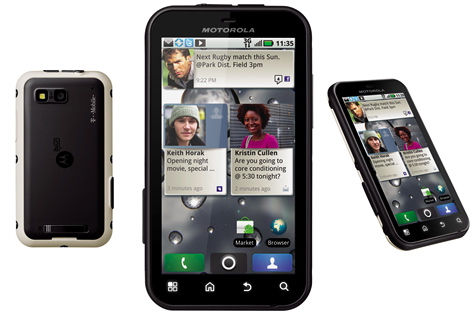
Motorola harnesses the power of Oprah to launch new Android-powered Defy
Love their devices or hate them, Motorola's Android smartphones are instant conversation starters. Whether it's with memorable advertising campaigns or unique form factors, the company's presence in the Android space is quite pronounced. Today, the company launches its 3.7" touchscreen Defy on "The Oprah Winfrey Show," the number one daytime talkshow, which just entered its 25th year on the air.
It's an unique premiere event for another distinctive Motorola Android phone.

HP second acquisition target is security firm ArcSight
HP said Monday that it had agreed to acquire ArcSight, a security software maker, for $1.5 billion. The acquisition is the company's second since former CEO Mark Hurd resigned amid controversy last month, and appears strategic as it follows a pattern of larger technology conglomerates adding security technologies to their product portfolios.
It is not known whether or not HP ran into competition with other bidders, as the company would not comment on the process in a conference call announcing the deal. HP and Dell battled over virtualized storage company 3PAR last month, pushing the final purchase price to $2.4 billion, more than two times Dell's initial bid for the company.
YouTube takes its first run at live broadcasting today
On Monday and Tuesday, YouTube will begin the trial of its live streaming TV platform, which uses the live Web-broadcasting technology that YouTube has already used for events such as the presidential inauguration and E3. The unique addition to this test will be the "Live Comment" feature, which lets users directly communicate with the broadcasters during their show.
YouTube partners Howcast, Next New Networks, Rocketboom and Young Hollywood will be the broadcasters participating in this two-day trial, and the first show begins at 8am PST/11am EST. Long-running video podcast Rocketboom will be the first show to take the plunge today, and instead of the usual three-minute episodic blast, Rocketboom is expected to do an hour-long episode in the fashion of a live TV variety show.

Android to challenge Symbian for smart phone dominance, report says
While Google's Android OS has shown considerable growth this year, research firm Gartner claims its best days may be yet to come. The firm says that by 2014, as many as 259 million units could ship, coming very close to overtaking Symbian's expected shipments of 264 million that year.
In 2010 Android is expected to ship about 47.5 million devices, slightly ahead of RIM's 46.9 million: Apple is expected to ship about 41.5 million units. Nokia's Symbian will far outpace its competitors, as it is expected to ship some 107.7 million devices. If Gartner's forecast is to be believed however, this year is Nokia's last for such dominance.
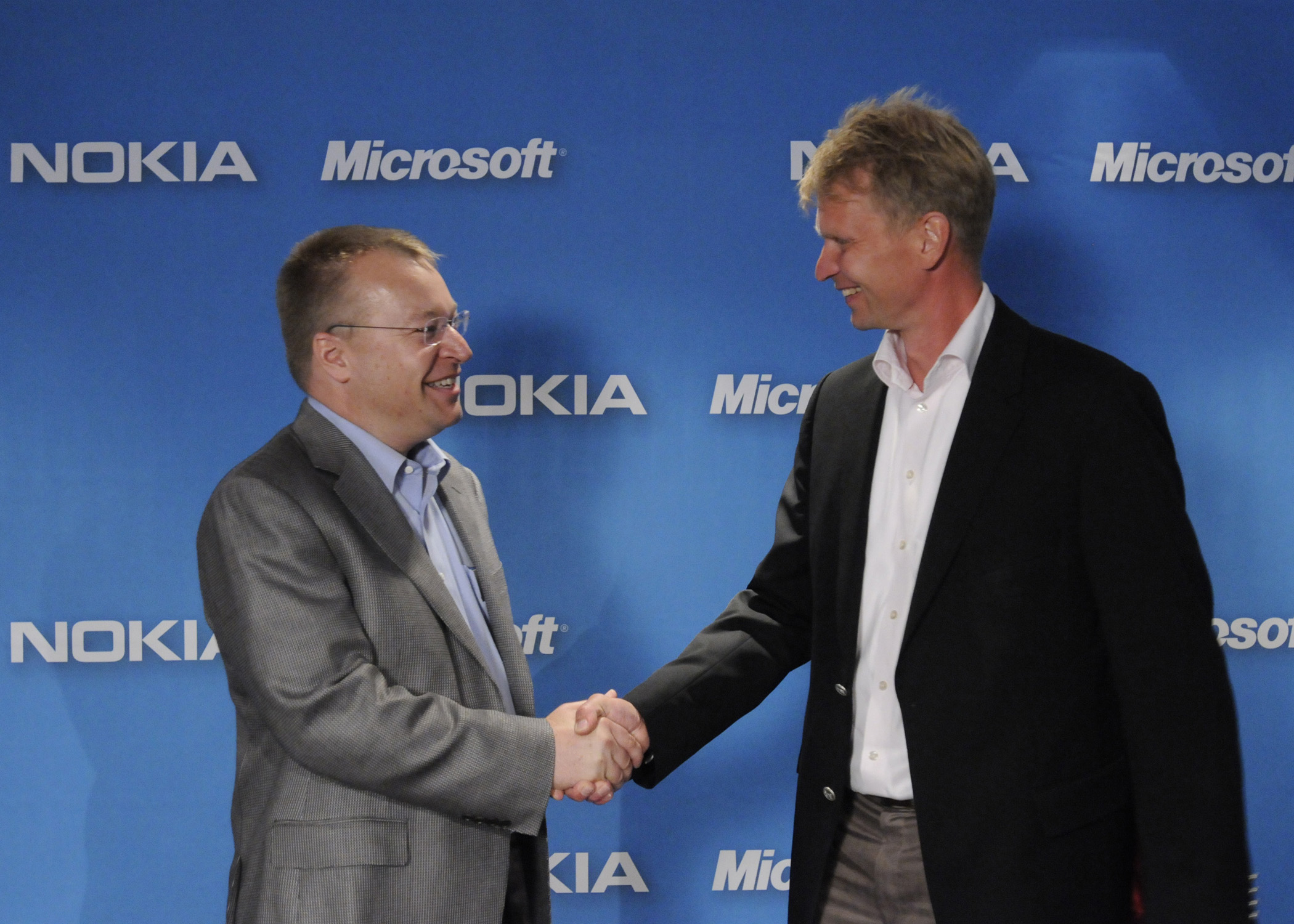
Microsoft's Stephen Elop moves to Nokia -- what a waste
If Stephen Elop's only qualification to run Nokia is that he isn't American, the Finnish phone giant is in big trouble. Elop is Canadian. That's right, Microsoft's Business division president is stepping down and moving up. That leaves two divisions for Microsoft CEO Steve Ballmer to run -- he already is overseeing Entertainment & Devices. Elop assumes his new role as Nokia CEO starting September 21. That's not exactly two weeks notice, is it? Or the customary several months that executives of Elop's caliber usually give.
No disrespect intended, but Elop wouldn't be my first choice to run Nokia, nor would he make my list of top-100 candidates. If someone handed me a list of people not to choose, Elop would be among the top five. I love Nokia. I lauded its handsets for years. But this great company has pissed away market share and bungled the most basic innovations since Apple launched iPhone in June 2007. Elop may be the greatest mistake of all and sure sign Nokia won't effectively execute against Google's rising Android Army or Apple's iOS cultists.

Broadcom throws Linux a bone, open sources Wi-Fi drivers
Wireless chipmaker Broadcom Thursday announced it will be releasing a fully open source Linux driver for its current generation of 802.11n chipsets. This means that Wi-Fi, one of the most problematic peripherals in the entire Linux ecosystem, will become a lot simpler to set up.
"The driver, while still a work in progress, is released as full source and uses the native mac80211 stack. It supports multiple current chips (BCM4313, BCM43224, BCM43225) as well as providing a framework for supporting additional chips in the future, including mac80211-aware embedded chips," Broadcom Scientist Henry Ptasinkski posted in a gmane newsgroup today.

Europe says 'No' again to ACTA secrecy
This morning from Brussels, the European Parliament issued a
formal declaration - its second official legal statement of the
season - calling upon participants in negotiations for the global
Anti-Counterfeiting Trade Agreement to share the status of their
proceedings with the public at large. At issue is whether
governments can decree that Internet Service Providers (most of
which are private businesses) keep track of IP addresses that
copyright holders believe are involved in infringement and
unauthorized distribution, without officially notifying their
citizens they're about to do so.
In fact, the very secrecy of the negotiations themselves could
be in violation of an essential tenet of European law, called the
principal of subsidiarity. That principal mandates
that no law can be passed without it first meeting the test of
whether it infringes upon the rights of citizens, and that those
rights supersede the needs of government. Keeping the
negotiations secret implies that no such test ever takes place.
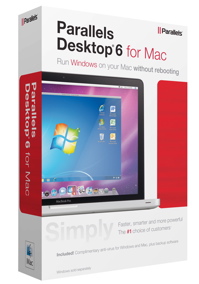
Parallels Desktop 6 promises better Windows experience on Mac
Parallels, makers of one of the most popular pieces of virtualization software for Mac OS X machines, has announced that the retail launch of Parallels Desktop 6 will be on September 14. This new version of Parallels Desktop promises to be faster, more tightly woven into OS X, and more powerful, with a total of 80 new or improved features.
Parallels Desktop 6 uses a 64-bit engine, which the company claims helps it run 41% faster than the last version, and helps Windows start twice as fast as it does in rival VMware's Fusion 3.1 virtualization suite.
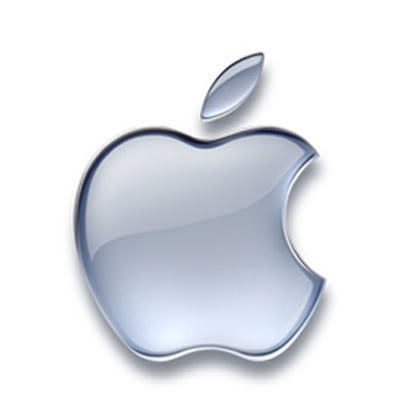
Apple clarifies App Store approval process, fart apps not welcome
Responding to developer demands that it clarify its approval process, Apple on Thursday published, for the first time, a document that details what it is looking for in new apps. If anything could be taken away from the new public policy, it may be that the approval process could get more difficult for some.
Apple appears ready to start rejecting apps based on duplicate themes to preexisting content, and it would hold apps to a higher quality standard. Apps have become ever more inappropriate in the App Store as of late, and the Cupertino company did express concern that children may be gaining access to these inappropriate apps.

Amazon Kindle threatens booksellers by finally launching in retail stores
Amazon's Kindle has managed to make a tremendous impact on the e-reader market without even being available in physical stores. Soon, however, Amazon's best-selling product will be available through retailers in stores across the U.S.
Today, Best Buy announced it will be selling the Wi-Fi only 6" Kindle for $139.99 and its 3G-equipped counterpart for $189 in all of its stores this fall. The company says the 9.7" Kindle DX will be available "later in the season."
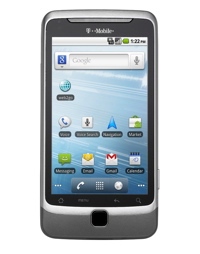
T-Mobile spills details about its next flagship Android device, the HTC G2
Wireless network operator T-Mobile USA has been incrementally releasing information about the G2, its first HSPA+ smartphone, and long-awaited sequel to the first Android smartphone, the G1. Thursday, the first official images of the G2 were released, along with some additional specs that have heretofore been unknowns.
The 3.7" touchscreen device may look like a QWERTY slider, but it is actually hinged...Not hinged like a clamshell device, but more like a rack. We've sent an inquiry to HTC to find out more about the benefits of this design, and we will update with the company's reply when it arrives.

Amulet Devices voice-activated Windows Media Center remote begins shipping
Irish company Amulet Devices today announced it is now shipping its Amulet Voice Remote to U.S. customers. The Windows Media Center remote control supports a full array of voice commands in addition to standard button-based IR navigation.
Through the remote's built-in microphone, users can access their profile and navigate through all the content on their Windows Media Center box. In addition to simply playing the media, users can also program their DVR, instantly navigate to a specific clock time in a video or audio file, skip over advertisements in recorded TV, or ask their Media Center questions such as what song is playing or the title of the show they are watching.
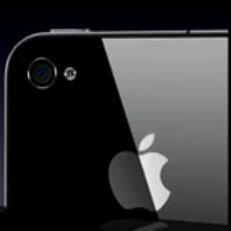
Apple releases iOS 4.1 for iPhones, iPod Touches
As promised at last week's event, Apple on Wednesday released iOS 4.1, its first significant update to the iOS platform that was introduced with the iPhone 4 earlier this summer. The update includes several new features including HDR photos, HD video upload, and a working Game Center.
Several bugs were also fixed in this latest update, including the highly-publicized proximity sensor issue and security issues involving FaceTime, GIFs and TIFFs, and at least 20 bugs in the WebKit framework of the Mobile Safari browser. The fourth generation iPod touch runs iOS 4.1 natively, thus upgrading the device is unnecessary.

$400 Xbox Kinect bundle due November 4 in US
Microsoft has fired the first salvo in a battle for motion-sensing superiority that is sure to last through the holiday season. The Redmond company said Wednesday that it would introduce a Xbox 360 bundle that would include Kinect for $399.99 beginning November 4.
The console is Microsoft's redesigned 250GB Xbox 360 which retails on its own for $299.99. The company had announced in July that the Kinect system would be a $149.99 add-on, so buyers would save $50 on the bundle. Like the standalone Kinect offering, the game Kinect Adventures, would be included.

Google Instant provides search results as you type
Google Wednesday launched a new search feature called Google Instant, which offers search results as you are typing your query terms.
Around this time two years ago, Google unveiled Suggest, a feature which predicted what searchers were looking for as it was being typed in the Google search field. Instant takes this a step further and provides the actual results so the user doesn't have to even click "search" or hit enter.



